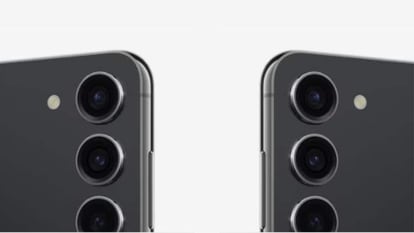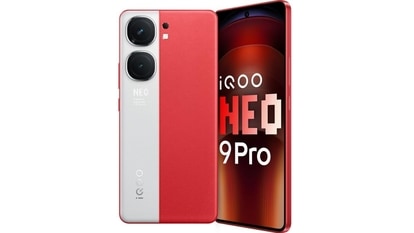Think closing apps on your iPhone every time is smart? Think again
If you close all your apps on your iPhone every time you exit them, you could be hurting your iPhone. Know how not to do that.
_1633407659439_1640230960047.jpg)
Have you just got a brand new iPhone? You may have heard self proclaimed experts suggesting weird ways to save battery life on your iPhone; mostly by closing this and that. Out of all those, the most common one you may have heard is this – “close ALL apps as soon as you are done.” Sounds legitimate, right? Especially since this is followed by references to PC-using techniques! Don't heed that.
Your iPhone does not work the same way as your Windows PC or your MacBook. Over the last decade, Apple has worked wonders to make the iOS platform smart and self reliant. And one of the many areas where that smartness is employed is managing multitasking. iPhones don't need that micromanagement your PC does.
What happens when you close apps all the time?
The iOS platform is designed to smartly manage the apps in the background. When you remove those apps from the “recents apps” window, iOS removes those apps from the memory. This sounds good, right?
While it frees up memory, your iPhone has to work harder the next time when you open that app. It needs to load up the app and all of its resources, along with checking the permissions you have granted it to. And guess what is hurt the most when this happens?
Battery life
Yes, since your iPhone has to process the entire app and its resources from the scratch, it has to use more of its CPU and memory to get it ready. This means it uses more power from the battery than usual. And that's not something you want when your goal is to enhance the battery life. Not so smart, right?
What to do then?
_1632469213726.jpg)
_1632469213726.jpg)
Don't heed those self-proclaimed experts. Let your iPhone do what it does best and use it the way it is intended.
- Do not close the apps whenever you are done using it. Simply swipe up from the bottom (single Home button press on iPhone SE and older models) and leave it. Your iPhone will put those apps into a suspended state automatically. This means the app is frozen and the iPhone does not allocate any of its CPU or other resources to the app. Next time when you open, it is easier for iOS to load it up from where it left and in doing so, it uses lesser power.
- Some apps may sip more battery and in order to restrict them, you can turn off their “background data refresh function” from the settings. However, note that doing this may affect the way some social media apps and payment apps function; some may work erratically.
- If you want to save battery smartly, you can always disable Bluetooth and Wi-Fi when not in use. If in the presence of a Wi-Fi network, it is better to stay connected as mobile data usually sips more battery. You can also reduce screen brightness.
And to top it off, you can engage iPhone's Low Power mode. This is effective is saving battery life, especially when your battery percentage is under 10 percent
Catch all the Latest Tech News, Mobile News, Laptop News, Gaming news, Wearables News , How To News, also keep up with us on Whatsapp channel,Twitter, Facebook, Google News, and Instagram. For our latest videos, subscribe to our YouTube channel.

























